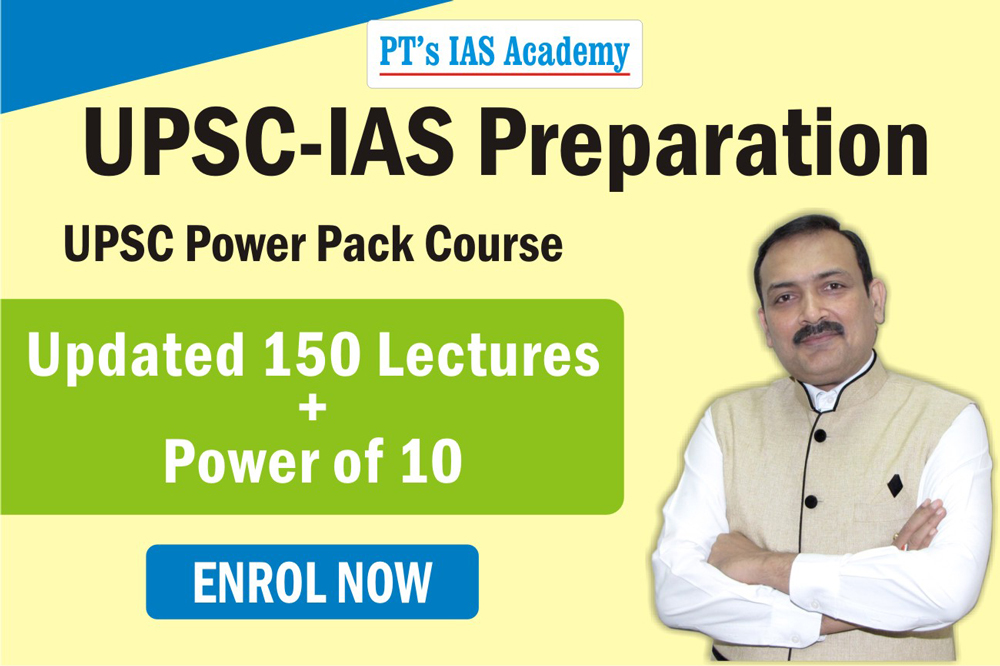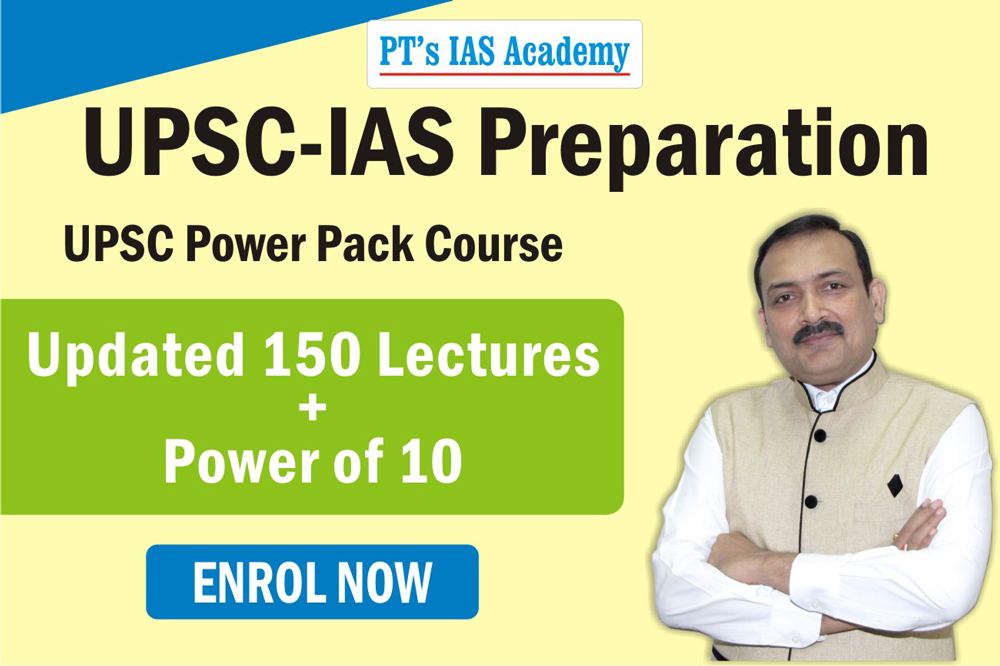Excellent study material for all civil services aspirants - begin learning - Kar ke dikhayenge!
Privatizing government banks in India
Read more on - Polity | Economy | Schemes | S&T | Environment
- The story: Banking plays a very important economic role in India, and is a key driving force in any economy. However, in recent years, the Indian banking sector has witnessed multiple Public Sector Banks (PSBs) facing huge challenges due to high Non-Performing Assets (NPAs). Due to this, suggestions that the government ought to privatize PSBs were made. Now, the RBI and the government are contemplating privatizing some banks.
- Be careful: Before taking any major decision, the government has to consider the pros and cons of PSBs remaining nationalized, or getting privatised. Expert opinion exists for merits in both. We present an analysis below.
- Pro nationalisation:
- Banks in India were nationalized for the first time in 1969. Before that, they had been lending majority of their funds (67%) to industry and virtually nothing to agriculture. The commercial banks couldn’t lend money to farmers because they were only present in less than 1% of villages. Farmers were thus out of the mainstream, and unable to get bank loans just when the Green Revolution was getting underway and they needed credit to buy the expensive inputs required to increase output.
- So nationalizing banks (by Indira Gandhi government) helped in the democratization of banking services of the masses. Public banks opened more branches, ATMs, banking facilities, etc. even in the non-profitable rural areas of India or the poorer sides where the possibility of getting big deposits or making money is less.
- Most East Asian success stories have been underpinned by financial systems effectively controlled by governments. The governments of western countries, where banking is largely in the hands of the private sector, have had to rescue private banks from bankruptcy.
- Government ownership of banking in India created the right environment for large-scale public service functions like the opening of crores of Jan-Dhan accounts, or the launch of mega public goods distribution schemes (DBT into Aadhar-linked accounts for Ujjwala scheme, etc.)
- Nationalised banks work for social justice, via reservations for the disadvantaged classes of India viz., SCs, STs and OBCs. Private sector has no such function, and privatisation of a nationalised bank would mean a reverse jolt for social equality efforts.
- Pro privatisation:
- Privatization means selling wholly or partially a government-owned company to the private sector, or transferring ownership to the private sector.
- This step was first truly contemplated as a part of a new economic policy commencing 1991, to liberalize India’s economy from being a relatively closed one. Various committees formed to assess the Indian banking situation also recommended moving in this direction (Narsimham Committee, etc.)
- In recent years, the banking system has been overburdened with the non-performing assets (NPAs), the majority of them lying in the public sector banks. PSBs are dually controlled by RBI (under the RBI Act, 1934) and Finance Ministry (under the Banking Regulation Act, 1949). The RBI does not have all the powers over PSBs that it has over private sector banks, such as the power to revoke a banking license, merge a bank, shut down a bank, or penalize the board of directors.
- Further, public sector bank boards are still not adequately professionalized, as the government still has a major say in board appointments. This creates an issue of politicization and interference in the normal functioning of Banks, resulting in the practice called telephone banking, whereby the politicians ringing bank officials with instructions to lend money to their cronies.
- Private banks are profit-driven whereas the business of PSBs is disrupted by government schemes like farm loan waivers etc. If the corporate sector is allowed to dominate banking again, profit will become the prime motive rather than the desire to serve the public.
- Way forward: In order to improve the governance and management of PSBs, there is a need to implement the recommendations of the PJ Nayak committee. There is a need to follow prudential norms for lending and effective resolution of NPAs. In this context, the establishment of the bad bank and speedy resolution of NPAs through the Insolvency Bankruptcy Code may be steps in the right direction, if executed properly. Also, rather than blind privatization, PSBs can be made into a corporation like Life Insurance Corporation (LIC). While maintaining government ownership, will give more autonomy to PSBs.
- Caution: Even though the private sector banks have better balance sheets than PSBs, it is very important to consider that privatization alone would not solve all of the problems faced by the sector. A better solution than privatization may well be giving PSBs autonomy to reform themselves and function free of political interference. And private sector is no paragon of virtue, as the tales of misdemeanours emerging from the YES! Bank fiasco clearly showed (it had to be rescued by a public sector bank).
- Knowledge centre:
- Early history of banking in India - 1770 - The first bank established in India – Bank of Hindostan (by agency house of Alexander & Company) (failed 1832) | 1786 - The second bank in India is established - General Bank of India (failed in 1791) | 1806 - East India Company established Bank of Bengal (1806), Bank of Bombay (1840) and Bank of Madras (1843) as independent units and called it Presidency Banks | 1865 - Allahabad Bank established (by Europeans) | 1894 - Punjab National Bank established at Lahore | 1906-1913 - Bank of India, Central Bank of India, Bank of Baroda, Canara Bank, Indian Bank, and Bank of Mysore set up | 1920 - The three Presidency Banks merged into Imperial Bank of India (mostly European shareholders) | 1935 - The Reserve Bank of India (RBI) set up in 1935 (based on recommendations of Hilton Young Commission) | 1913-1948 - Periodic failure of banks, more than 1100 existing (mostly small) | 1949 - The Banking Companies Act, 1949 enacted, later changed to Banking Regulation Act 1949 as per amending Act of 1965 (Act No. 23 of 1965) | RBI nationalised on 01-01-1949 | 1955 - Nationalisation of the Imperial Bank of India and changing it to State Bank of India (SBI) to act as the principal agent of Reserve Bank of India (RBI) and to handle banking transactions of the Union and State Governments.
- Nationalisation of banks in India - In 1955, nationalisation of the Imperial Bank of India and changing it to State Bank of India (SBI) to act as the principal agent of Reserve Bank of India (RBI) and to handle banking transactions of the Union and State Governments was done. Then, in 1959, seven banks forming subsidiary of State Bank of India (SBI) were nationalised. On 19th July, 1969, a total of 14 major commercial banks were nationalised by PM Indira Gandhi. Finally, in 1980, as part of second phase of nationalisation, Indian banking sector reforms were carried out in 1980 with seven more banks (with deposits over Rs.200 crore). This step brought 80% of the banking segment in India under Govt. ownership.
- Non Performing Assets (NPAs) - A NPA is a loan asset/account in which the principal or interest payment or both have remained overdue for a continuous period of more than 90 days. A SMA or Special Mention Account is the loan asset/account in which principal or interest payment or both are overdue but for a period less than 90 days. ”(It refers to an account which may be showing any other non-financial signs of stress. SMA is more of a precautionary measure to recognise a financial stress early and therefore take corrective action to contain that stress and prevent an account from turning into a NPA). Banks/FIs are required to set aside a portion of their income as provision for the loan assets so as to be prepared for any losses that may arise soon. The amount of provision to be kept by the bank/FI, will depend on the probability of loan recovery. This probability depends on asset classification of the loan. More than Rs.7.5 lakh crore were in NPA category in 2021.
* Content sourced from free internet sources (publications, PIB site, international sites, etc.). Take your
own subscriptions. Copyrights acknowledged.
















COMMENTS